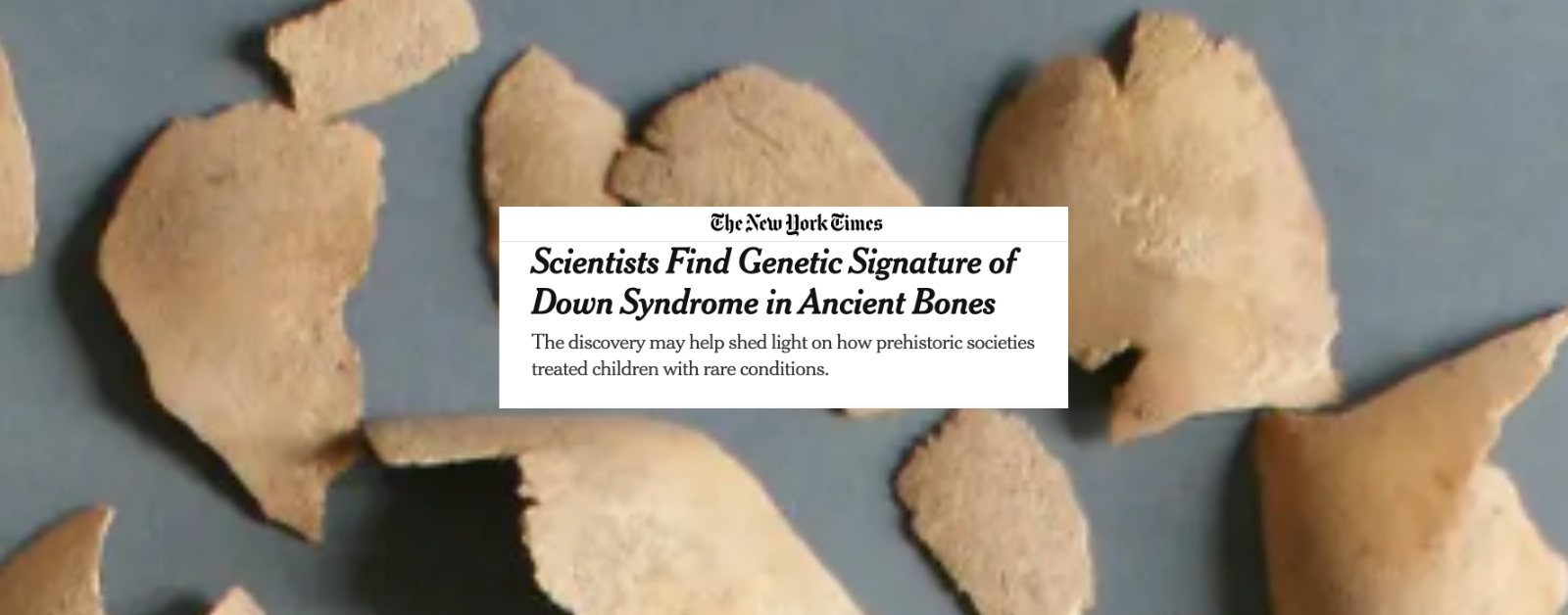How did ancient cultures treat people with Down syndrome?
Researchers just discovered the remains of a few babies with Down syndrome from thousands of years ago, and they determined that these cultures or families held these babies in high regard. In one case, the remains were found within a house. In another, they were buried with necklaces and other special objects. In their death, it seems as though they had been honored in life.
We can’t draw too many conclusions from this sliver of human history. But it does reinforce the idea that over time, different cultures, in different historical eras, have both honored or really dehumanized people with Down syndrome.
We know from ancient Roman times that children with disabilities—and we would assume that includes children with Down syndrome—were often exposed to the elements and left to die when they were born. And we know that Christians played a large role in changing that.
Early church fathers like Augustine, writing about babies who are born with something like Down syndrome or other genetic differences, said these are the wonders of God’s creation. We need to assume that they have been created in the image of God. The culture up to that point had treated babies with disabilities as if they were a horror. Augustine turned that on its head and said, no, they are a wonder.
More with Amy Julia:
- Disability and the Language We Use with Andrew Leland
- Being Heumann
- How to Talk With Siblings About Disability
Subscribe to my newsletter to receive regular updates and news. You can also follow me on Facebook, Instagram, Twitter, Pinterest, and YouTube, and you can subscribe to my Reimagining the Good Life podcast on your favorite podcast platform.




This Post Has One Comment
The Romans had a protector god, called Genius Cucullatus, the sculptures show clearly down syndrome 🙂